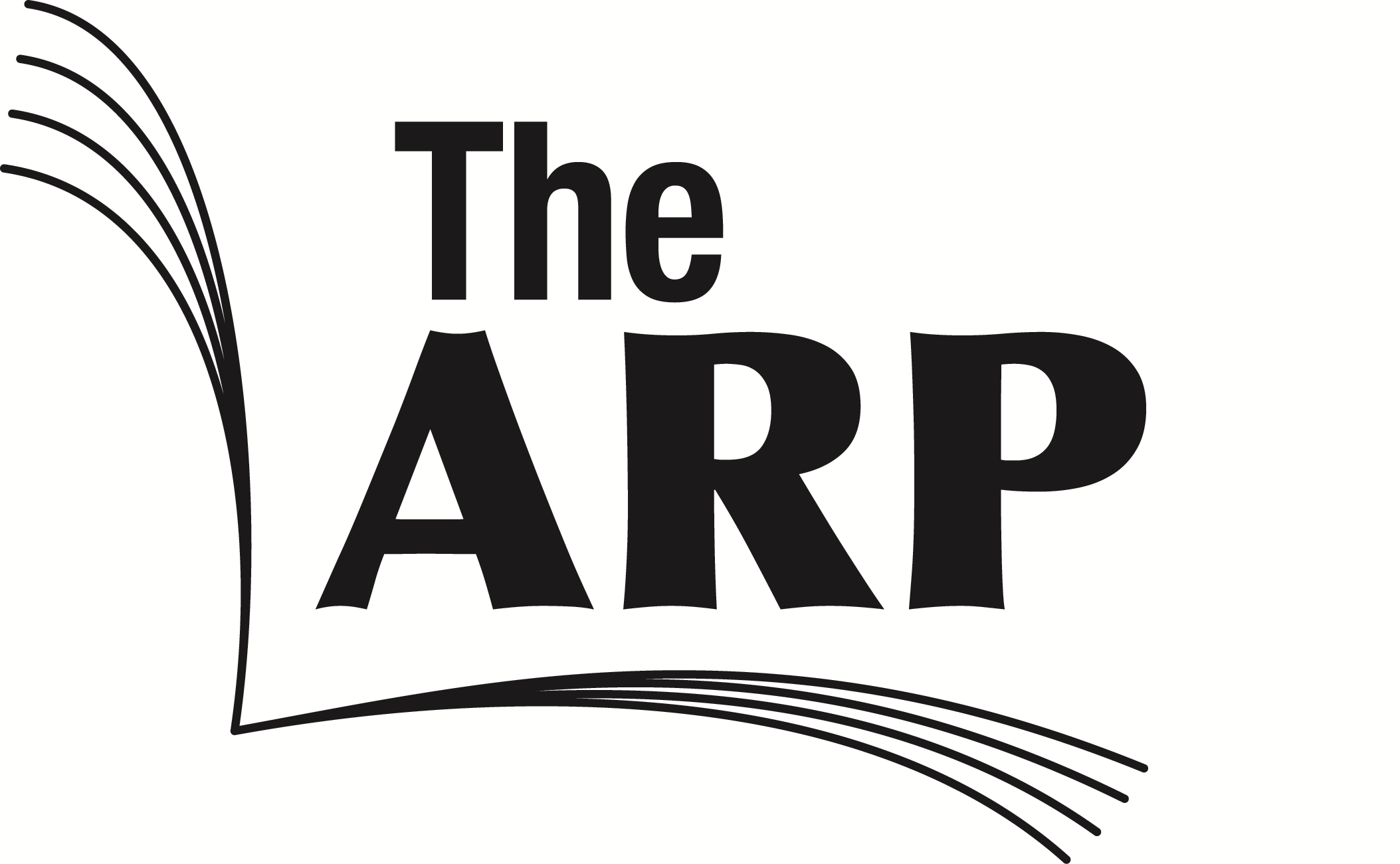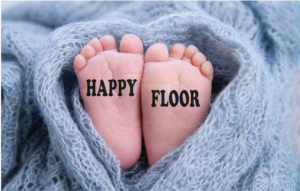We were on the happy floor of the hospital. On the sixth floor, pink and blue Mylar balloons bobbed around, welcoming new babies. Cheerful relatives snapped photos. By twelve noon I had been in labor for eleven hours, and I was numb – gloriously numb – thanks to a recent epidural. My husband, Chip, and my mother were in the delivery room. I was waiting for my painless contractions to move this baby boy along. The baby’s heart rate had been dropping during contractions, but the nurse said that was not unusual.
At 5:15 p.m. my obstetrician arrived, and it was time to deliver.
“You’re pushing great,” observed Dr. Moore, a petite woman. But the baby wasn’t moving. After twenty minutes of this, the doctor made a decision.
“Wendy, I’m sorry, especially after all these hours of labor. But I’ll have to do a C-section.”
“We tried,” I replied. Even after a long labor, a C-section was okay with me. I would still have the joy of holding my son for the first time. It was something I had looked forward to all my life. I expected the nurses to move me to an operating room and prep me for surgery. But I didn’t expect them to be moving so fast.
What’s the rush? I didn’t know it, but I was witnessing what happens when a fetal heart monitor flat-lines. Seconds after the doctor decided on a C-section, our baby’s heart stopped.
Nurses rushed me into the operating room. Chip was at my left shoulder pulling on a blue surgical gown and mask. Someone snapped a pulse monitor onto my right index finger. Speed was all that mattered. My doctor did the fastest surgery of her career and handed our little boy to a neonatologist who started CPR.
“God, save this baby . . . God, save this baby,” I pleaded aloud, and Chip joined in the prayer. The neonatologist drew on everything from medical school that had prepared him for this emergency. We were all witnesses to an intersection of medical science and faith.
A few minutes later I heard the doctor’s voice in my left ear.
“Wendy, do you have a name for this baby?”
“Robert Hudson.”
The nurse rolled my bed into the neonatal ICU so I could see the baby. Rob’s heart was beating again, but he was on a respirator. This was not how it was supposed to be. I was supposed to be counting fingers and toes and deciding who he looked like. As it was, I was semi-conscious after nearly 48 hours of no sleep and 12 hours of excruciating contractions prior to the epidural. In moments of consciousness I heard the hum of the machine that was keeping Rob alive.
The nurse moved me to a private room where Chip and my mother joined us. Mom scrolled down her phone searching for the names of aunts and uncles so she could ask them to pray. These were not the phone calls we were supposed to be making. We had expected to deliver good news of a healthy baby.
The morning after the birth, the pediatrician stepped into my room.
“Rob’s come off the respirator with no problems, so that’s a big step,” he began. “But the next 24 to 48 hours are crucial as we watch for major organ problems.”
After the C-section, I was in no shape to walk, so Chip rolled me through the halls to ICU in a wheelchair. Our six-pound baby lay sleeping in the bassinet. Wires taped to his chest led to heart and lung monitors where little green lights flashed to tell us his vital organs were functioning normally.
“Do you want to hold him?” his nurse asked me.
“Can I?” I didn’t know ICU protocol. The nurse laid him in my arms just like in my childbirth fantasy. But in my dream there were no wires draped between my baby and a heart monitor. Nonetheless, he was alive. My silent tears fell on Rob’s blue striped hospital blanket.
When he was ten days old, we brought Rob home. The only effect of his birth trauma was an intraventricular hemorrhage. In the center of the brain are areas filled with spinal fluid. Within one of Rob’s ventricles there was a blood clot. The doctor was not very concerned about it. A few months later Rob had an ultrasound that showed that the clot had broken up and disappeared, as the doctor expected. The hospital followed Rob’s development to be sure everything was normal, but there were no lasting effects from the birth trauma. Then I lived happily ever after.
Until I didn’t. As the years went by I heard news of other babies born to friends and family.
“Julie and Mark announce the birth of their daughter on Wednesday night.”
“Ted and Anna are the parents of a seven pound, eight ounce baby boy. Everything went well.”
Everything went well? She got to hold her baby in the delivery room? They called relatives without desperate pleas for prayer?
I was a bit resentful.
Don’t get me wrong. There were no words for my thankfulness to God for saving Rob’s life. Every night I lowered Rob into the crib and then raised my hands to praise God for saving him. But giving birth to a healthy baby had been my dream — seeing the face of my child for the first time and holding him. Instead we had nurses racing against time, CPR, and a respirator.
“All I wanted was to hold a healthy baby in the delivery room. Was that so much to ask, Lord?”
As soon as the words were out of my mouth, I knew how preposterous they were. My cup was running over, and near the top of that cup was the fact that Rob survived. The Lord had every right to say, “How dare you? My blessings are too numerous to count, and you complain?”
But that’s not what the Lord said. God didn’t say anything. At least, not aloud. He didn’t have to because he’s been saying how he feels for a few thousand years through the Bible. The Scriptures show me a God who is patient with me in spite of my sense of entitlement.
And God understands our lesser losses. The pain of losing a loved one is the greatest agony. But the loss of a dream hurts, too. The loss of a job, the loss of a friendship, the loss of health and independence in our later years. Whatever the pain is, God aches with us.
God suffered the loss of his own Son. Because of Jesus’ death, we have an eternal home where he’ll wipe away every tear from our eyes. There will be no happy floor of the hospital because there will be no hospitals.
But there will be happiness. And balloons, because we’ll have a lot to celebrate. And what’s a celebration without balloons? Pink and blue Mylar would be nice.
Wendy Herrmann Smith is a member of Greenville ARP church in South Carolina and the Assistant Editor of the Quarterly, the adult Sunday school curriculum for the ARP church.

